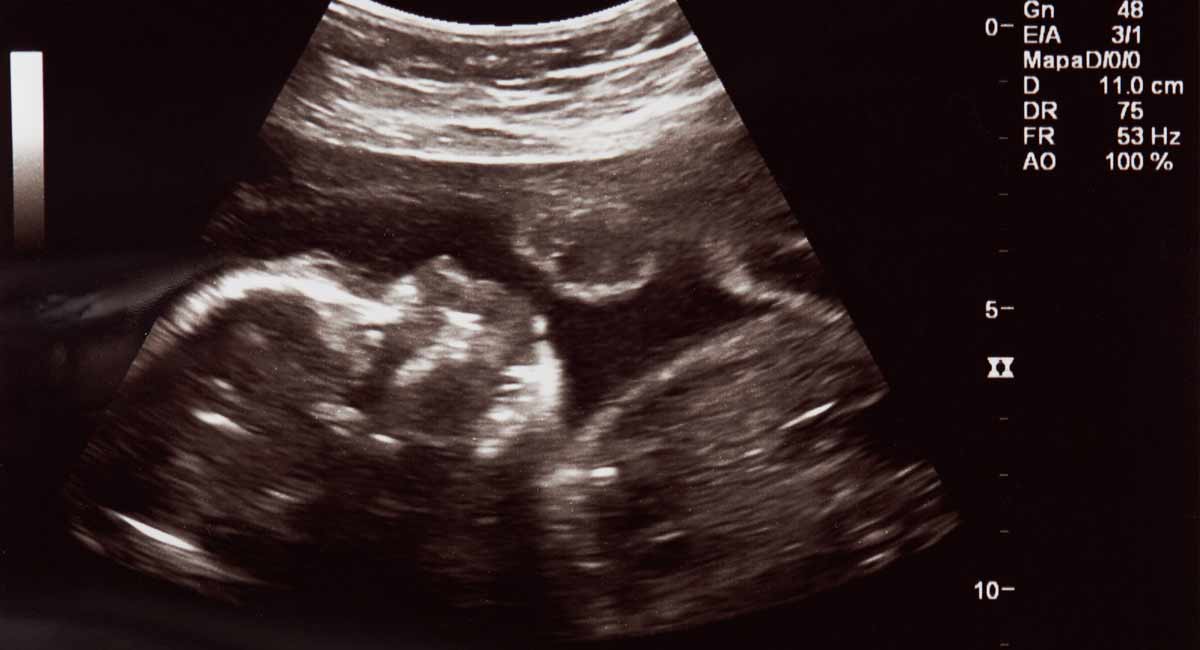On June 28th, Georgia abortion providers and advocacy organizations filed a lawsuit against the state’s recently-enacted “heartbeat bill” which bans abortions after a heartbeat can be detected at six weeks. Planned Parenthood and Carafem are two of the plaintiffs.
Governor Brian Kemp signed the Living Infants Fairness and Equality or LIFE Act into law on May 7th, stating, “Our efforts to protect life do not end here. We must work to ease the adoption process, find loving homes for those in our foster care system, and protect the aging and vulnerable. Together, we will ensure that all Georgians are safe and have the opportunity to live, grow, learn, and prosper.”
The Georgia law already has exceptions for cases of rape, incest, “life of the mother,” or a doctor’s determination that the baby would not survive outside the womb. Critics claim that the law targets African American and other minority women, who have a disproportionately high rate of maternal mortality in the state, as well as poor women, and women in rural areas. The lawsuit specifically claims that the law will reduce access because some abortion providers will be forced to go out of business, and because women will have to cross state lines to have abortions elsewhere. It states that the law:
… is in particular an attack on low-income Georgians, Georgians of color, and rural Georgians, who are least able to access medical care and least able to overcome the cruelties of this law. Georgians face a critical shortage of reproductive health care providers, including obstetrician- gynecologists, and the rate at which Georgians, particularly Black Georgians, die from pregnancy-related causes is among the highest in the nation.
2. Rather than working to end those preventable deaths, and rather than honoring Georgians’ reproductive health care decisions, the Legislature has instead chosen to criminalize abortion from the earliest stages of pregnancy.
Louisiana, Kentucky, Ohio, Mississippi, Missouri, and Alabama have also enacted significant abortion restrictions in the last six months, banning abortions after either six or eight weeks gestation. Also this year, Utah and Arkansas have passed laws banning abortion after 18 weeks. While none of these new laws are currently in effect, they represent a significant shift in pro-life legal strategy from a more incremental approach to direct bans after a certain point in pregnancy.
READ: Debunking 6 myths surrounding Georgia’s ‘heartbeat bill’
Heartbeat bills are a relatively new but fairly contentious strategy within the pro-life movement. Some pro-life groups, like the Tennessee Catholic bishops, argue that they are an “imprudent approach” because of the strong likelihood, based on past litigation, that they will be overturned. Furthermore, they argue that when those cases are lost, massive court-ordered fees paid to pro-abortion plaintiffs will only boost their coffers and deplete pro-life resources.
In a March 22 op-ed for the Atlanta Journal Constitution, state Representative Ed Stetzler responded to these concerns, stating that “Georgia legislators are advancing the LIFE Act because it is also legally sound. HB-481 is unlike any other ‘heartbeat bill’ in the nation by establishing the legal personhood of the unborn child. Quoting the text of the U.S. Supreme Court’s Roe vs. Wade (1973) opinion, if the “personhood [of the child] is established, the [pro-abortion] appellant’s case, of course, collapses for the fetus’ right to life would then be guaranteed specifically by the [Fourteenth] Amendment.”
Stetzler went on to say, “Informed by the Roe decision itself, the LIFE Act is built on the long established foundation of a state’s authority to recognize a person’s rights more expansively than the minimum required by federal law. As examples of this, Georgia currently provides more expansive privacy and eminent domain protections than the U.S. Constitution requires; also, many states recognized a woman’s right to vote long before the 19th Amendment required it.”
“Like” Live Action News on Facebook for more pro-life news and commentary!







